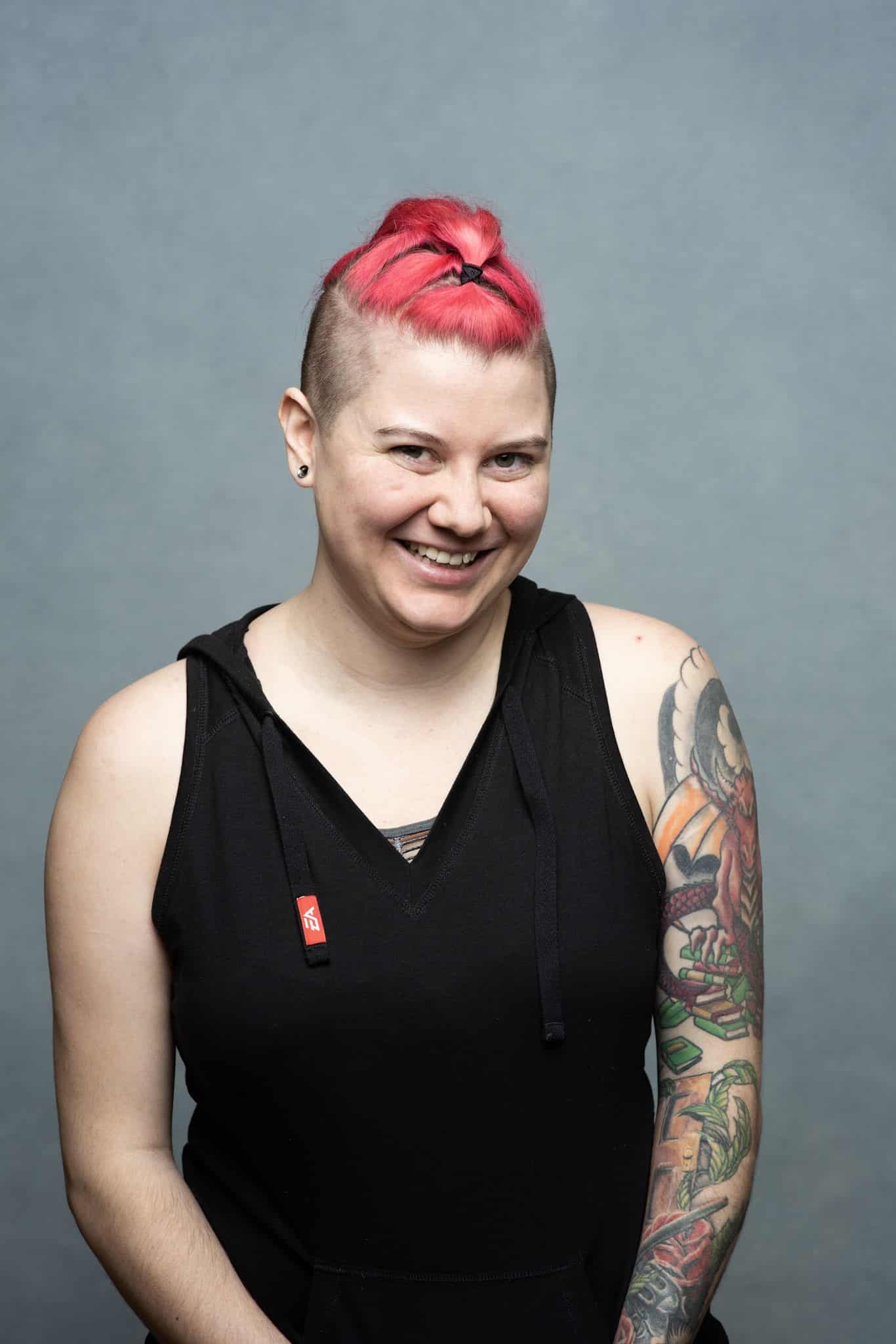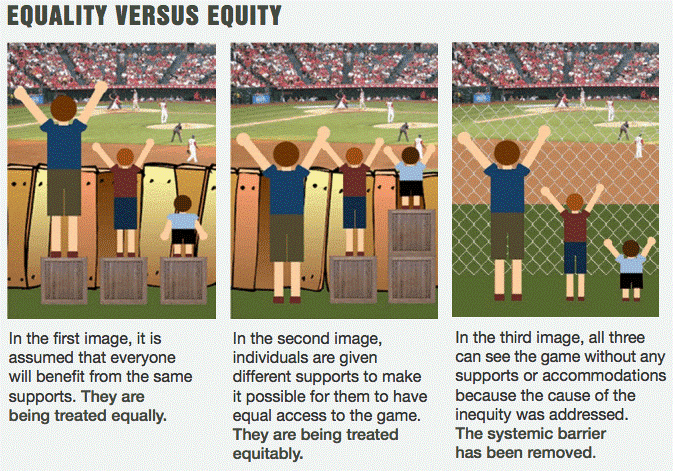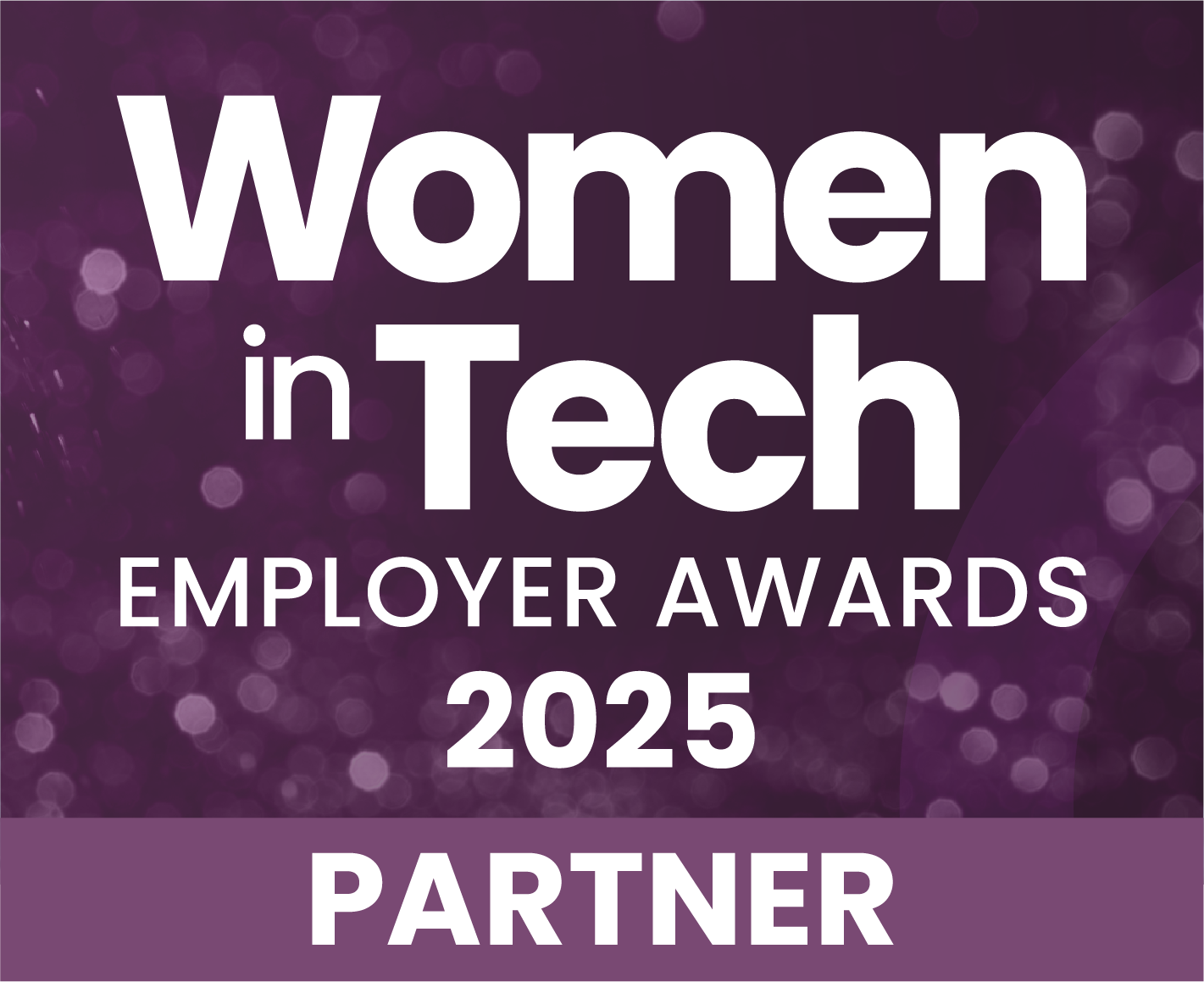We interviewed Bobby Brill, Marketing Director at Synthace on their thoughts and experience on women in tech.

1. What does your job role involve, and which parts do you enjoy the most?
I work within the commercial team, leading the marketing function. We wear many hats but the most important thing we do is generate leads for the sales team, and support them in working them. Being a fast changing team in a fast changing company, I most enjoy “aha” moments – identifying issues and opportunities and deploying process / automation etc. to address them.
2. What made you choose a career in STEM?
I have a scientific mind – always seeking to test, optimise and analyse everything (in my personal life too!). I started my career in performance marketing, specialising in Google AdWords back in the day before there was built in automation or accessible options for most companies, making the myriad optimisation decisions that automation does these days.
3. Did you study a STEM related subject at A-Level or University?
I did a Double Applied A-Level in Computing and IT, and studied Network Computing at University. Later in my career I did a post-graduate diploma in Digital Marketing.
4. Did you get any STEM related work experience before this role?
I’ve been working in various technical marketing roles for over a decade
5. Do you think there is a lack of females in STEM related sectors?
Yes, even in marketing which is a “traditionally” female-skewed function.
6. Do you find there is a stereotype that a career in STEM is just for men?
Yes, I believe this is an idea implanted in our minds since childhood, with gendered toys, etc. People (particularly men) are often surprised when I get into detail about what my job entails and how marketing has evolved over the last decade to be a whole lot more technical
7. What do you think might entice more women to study STEM related courses?
More companies taking a strong, public, stance about diversity in the workplace and making the decision to actively look to hire women and other under-represented groups over others. Not just giving them an equal opportunity – but an equitable one. Image below from Courtesy Advancing Equity and Inclusion: A Guide for Municipalities, by City for All Women Initiative (CAWI), Ottawa

8. Are there barriers when it comes to women getting into STEM roles?
For sure – unconscious bias in particular is something that people who are in places of privilege (in this specific example, men working and recruiting for STEM roles) need to not just be aware of but work actively to subvert. An anecdote I find interesting; people often use the phrase “survival of the fittest” to mean something akin to “beating” other people to something desirable makes you the “fittest” version of a person, but actually Darwin’s writing goes into a lot of depth on how DIVERSITY is the key to flourishing species – there’s not one perfect model of an individual, but a more diverse group creates the “fittest” group.
9. Why do you think some people may be put off by the idea of a career in STEM? What do you think could be done to help?
It’s not easy work, more and more these days (especially in marketing) you have to not only be shit hot at the technical side of what you’re doing but have the soft skills to be able to communicate what you’re doing and why to get buy in and ultimately, success, in your goals. The “art” of convincing people is made infinitely harder if you are a minority in your team/business – it’s scientifically proven that people empathise more easily with people that look like them (read more). Continuing to shout about equity in opportunities, with the voices of not only the impacted people, but leaders and businesses in places of privilege investing time and money into creating diverse, fit, teams.
10. What advice would you give young women today if they were considering a career in STEM?
If a company or individual makes you feel like you shouldn’t be studying or working in what you want to do – then they probably aren’t a company or individual you want to choose to work with. Genuinely inclusive businesses exist, and are growing in number – and we have the power to vote with our feet.







